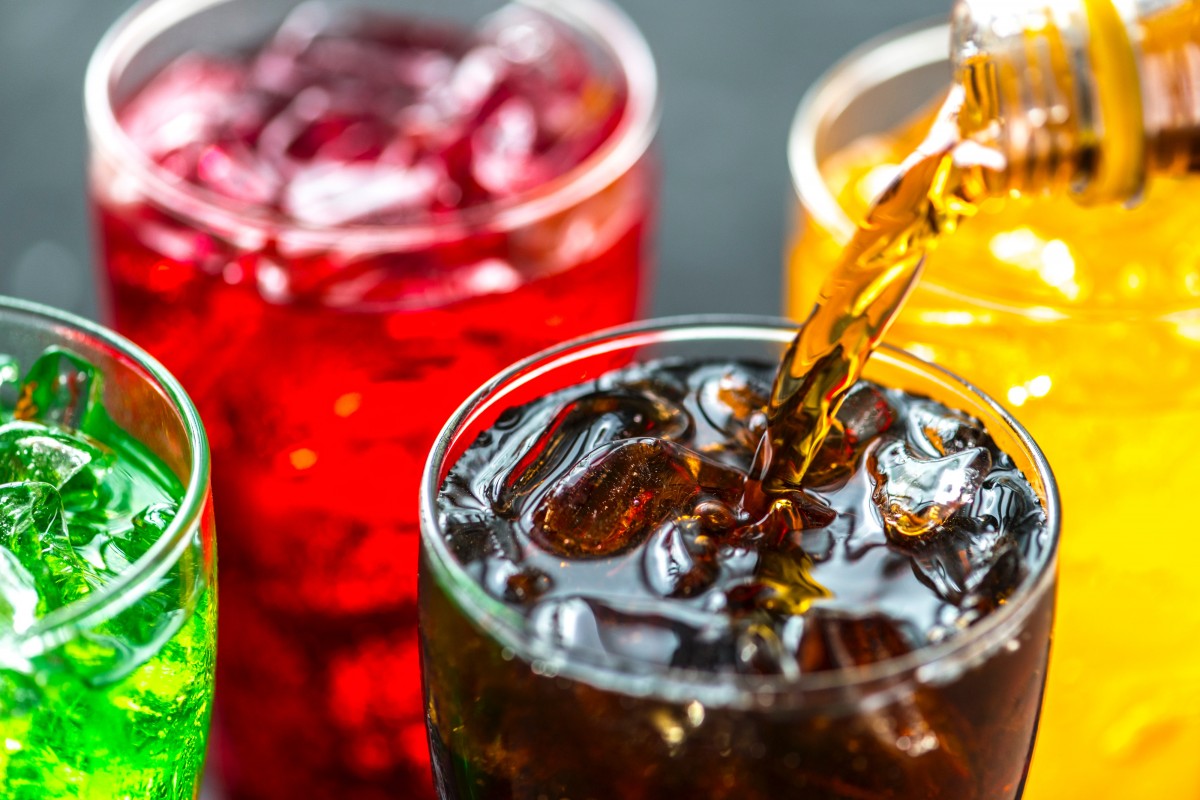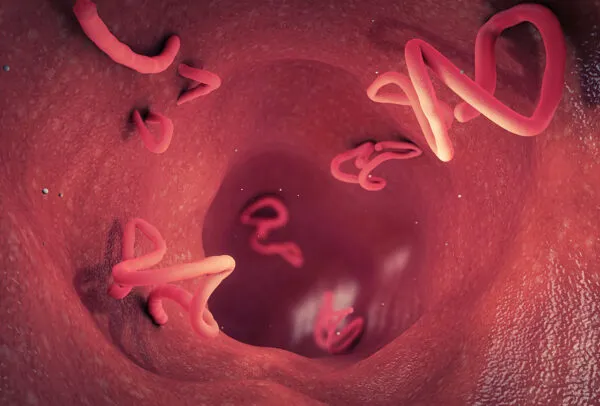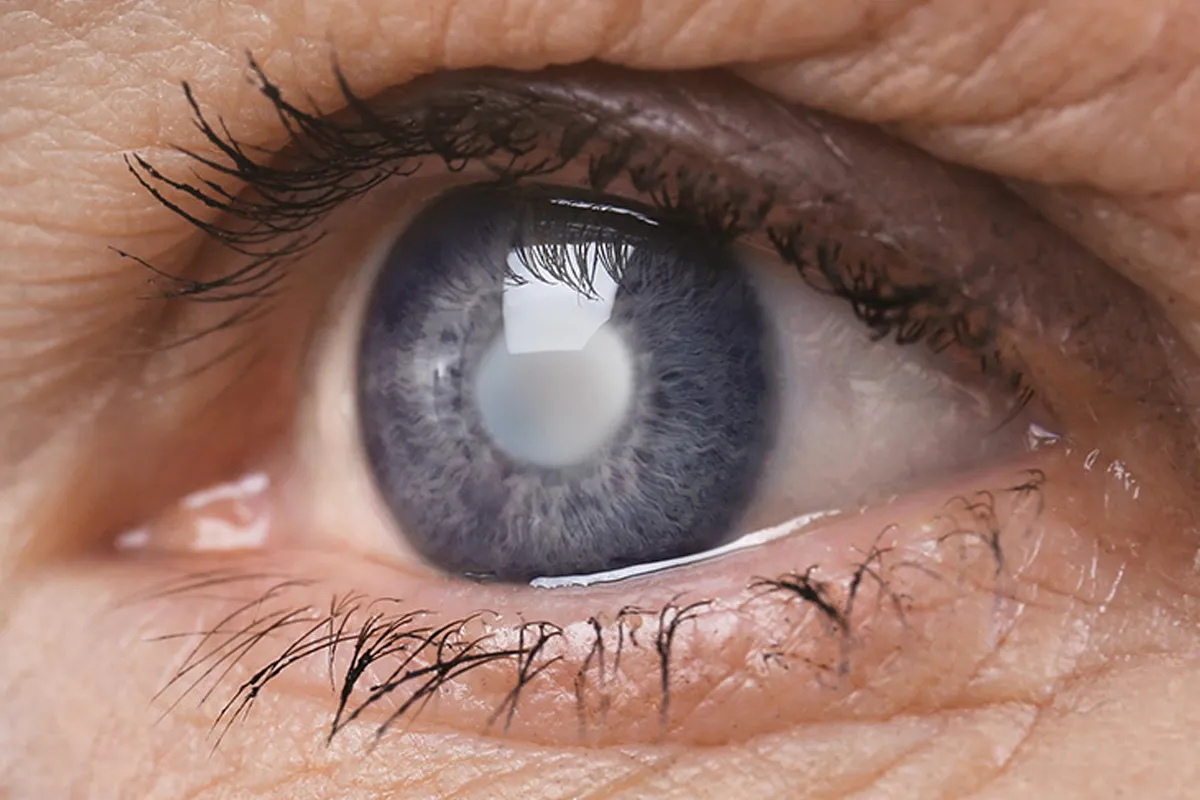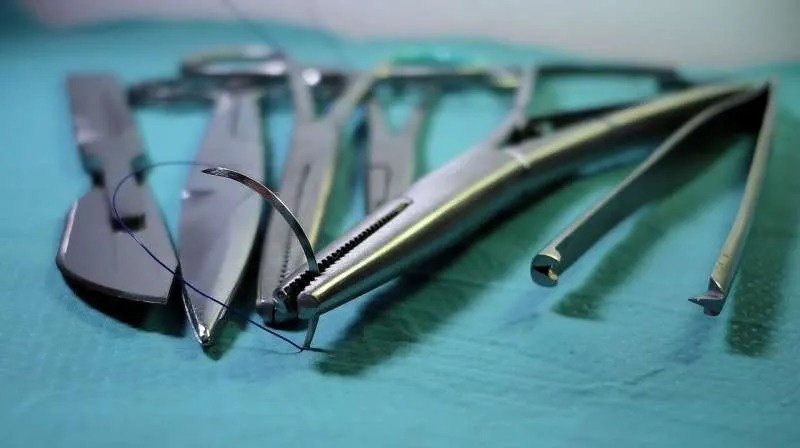In June 2021, a famous football player made international headlines after he removed bottles of a carbonated drink brand from camera view during a press conference and urged people to drink more water. While the football star was hailed for his symbolic act, the underlying message was anything but new. Most of us know that excess intake of sweetened carbonated beverages is not good for our health.
Surprisingly, the average consumption of cola and fizzy drinks in India is only increasing with each passing year. In 2016, an average Indian consumed 44 bottles of sweetened carbonated beverages. This number is believed to have doubled to 84 bottles in the year 2021. This unhealthy trend has contributed to an increase in the incidence of several health conditions, including kidney stones.
What are kidney stones?
Kidney stones, medically referred to as renal calculi or nephrolithiasis, are solid, pebble-like hard objects made from minerals and salts found in the urine. They can affect any part of your urinary tract, which consists of a pair of kidneys, two ureters, one bladder, and a urethra. The stones are formed when your urine contains higher than usual levels of crystal-forming substances, such as calcium oxalate, uric acid, phosphate, struvite, and cysteine. In low quantities, the crystal-forming substances pass through the urinary tract without causing any problem. However, when the urine becomes concentrated, these substances may stick together to form stones. A lack of chemicals that inhibit crystals from sticking together can also facilitate the formation of kidney stones.
What are the symptoms of
kidney stones?
Some of the most common symptoms of kidney stones are:
l Fever or chills.
l Nausea or vomiting.
l Pain while urinating.
l Frequent urge to pass urine.
l Passing smelly and cloudy urine.
l Blood in urine.
l Feeling unable to pass urine or passing only a small amount.
l Severe, sharp pain in the lower back, side of the body, lower abdomen, and groin.
How do carbonated drinks increase the risk of kidney stones?
Several factors are believed to be involved in the formation of kidney stones. However, intake of sweetened carbonated beverages is believed to be one of the major modifiable risk factors for the condition.
Carbonated beverages contain a lot of unhealthy and harmful substances, such as processed sugar, phosphoric acid, and high fructose corn syrup. When consumed in high doses, the high fructose corn syrup found in carbonated beverages may increase the urinary excretion of calcium, uric acid, and oxalate, all of which promote the formation of kidney stones. Similarly, phosphoric acid in fizzy drinks facilitates urinary changes, including the creation of an acidic environment in the urinary tract, that supports the creation of kidney stones. Carbonated beverages also contain caffeine, a natural chemical with diuretic effects that may contribute to chronic dehydration, a major risk factor for kidney stone formation.
Tips to prevent
kidney stones
It is possible to reduce the likelihood of kidney stones through a variety of lifestyle and dietary changes.
Some of those changes are:
l Drink at least 2 litres of water daily.
l Avoid intake of sweetened carbonated and caffeinated drinks.
l Limit consumption of oxalate-rich foods such as beetroots, sweet potatoes, chocolate, and soy products.
l Reduce intake of salt and animal-based protein.
l Use calcium supplements with caution.
Kidney stones are a condition that can lead to excruciating pain and discomfort. Nevertheless, the condition of kidney stones is very much treatable.
In fact, several treatment options, including medications and surgery, are available to help you get rid of kidney stone cases that have been on the rise recently.
Dr Subramanyam Kolanukuduru is an Urologist at Apollo 24|7.























